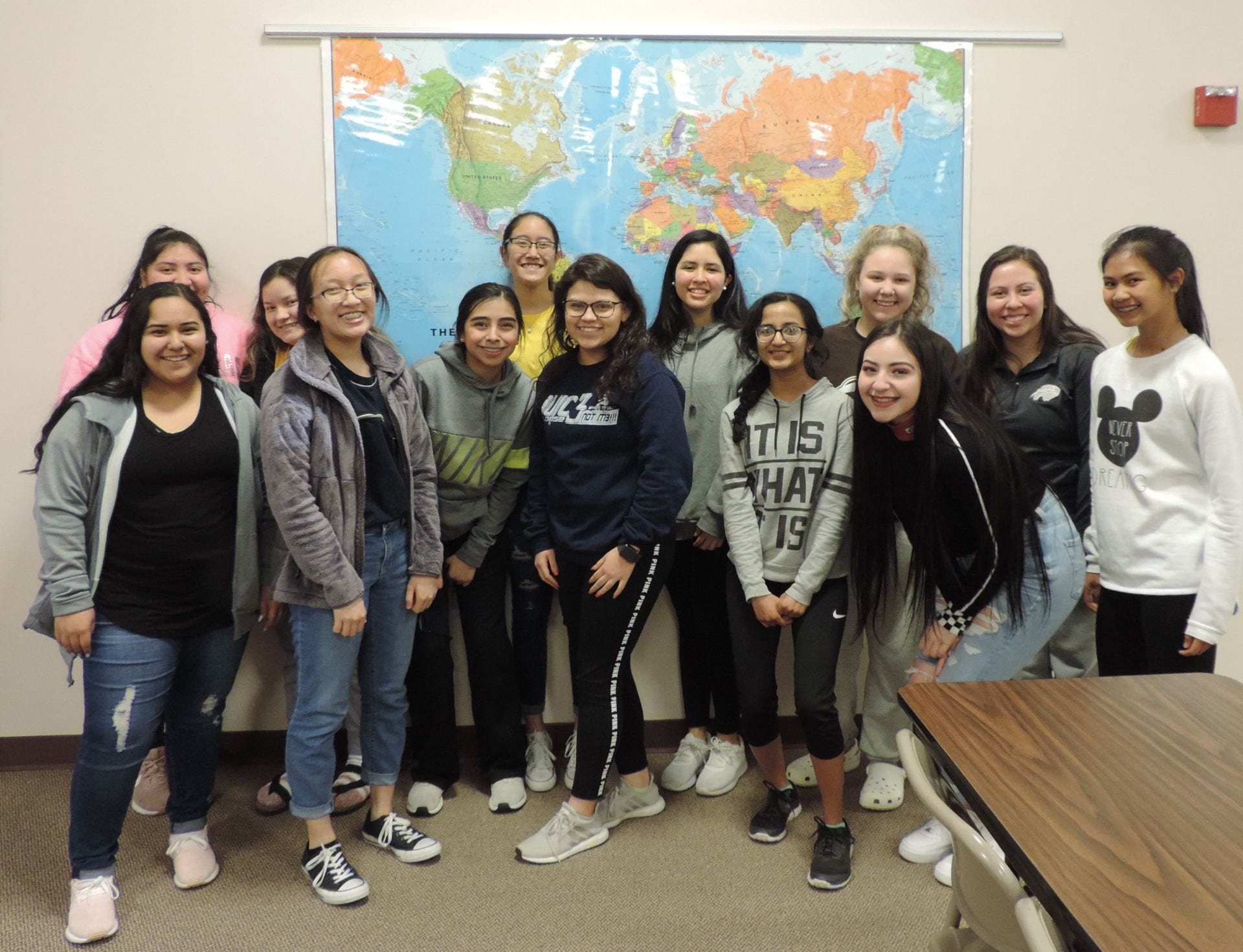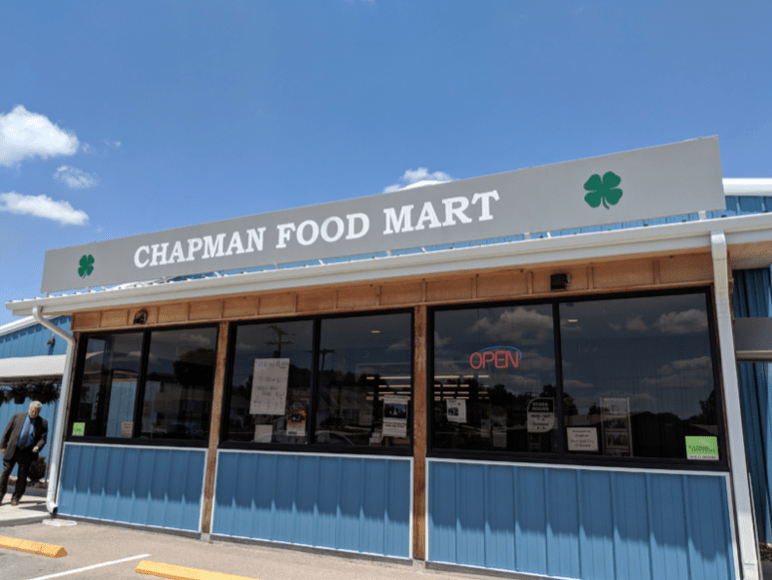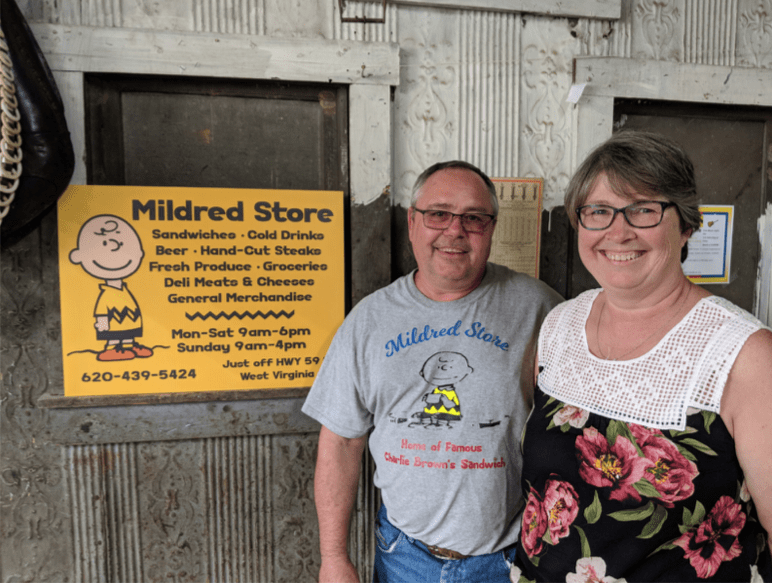Summer has finally arrived in Manhattan, Kansas. Flowers are blooming, vegetables are ripening, and the sun is shining. A lot! The summer is also a great time to relax just a bit from the busy school year and reflect on Kansas State University’s many engaged partnerships and initiatives.
We have to start with the big news and that is Kansas State University submitted its official application to the Carnegie Foundation to be reclassified as a community-engaged university in April. Submitting this application capped a year-long effort by the Center for Engagement and Community Development and a 25-member Carnegie task-force. The K-State team compiled a great deal of information and data regarding engagement, conducted numerous interviews with campus engagement stakeholders, and facilitated five focus groups representing nearly 50 domestic and international partners. This application revealed an amazing breadth and depth of engagement at K-State. We won’t know if our application is successful until January, 2020, but a big thank you to everyone involved in this important effort.
The other stories in this newsletter represent the breadth of engagement that is characteristic of Kansas State University and that was revealed in the Carnegie application. The newsletter stories highlight engagement ranging from the local to the international. The engagement stories focus on K-State’s commitment to be a partner on the significant issues facing our local and international communities. Stories in this newsletter feature campus and community partnerships that are working to address housing, food access, civic participation, and reconciliation following decades of armed conflict. Partnerships in this newsletter are being led by faculty, professional staff, and K-State Research and Extension educators. They represent collaborations with high schools, K-State students, small business owners, funders, philanthropic foundations, and housing stakeholders.
The stories in this newsletter remind readers of the type of engaged work that has been at the core of Kansas State University since our land-grant beginning.
We hope you enjoy.
David E. Procter, Director









